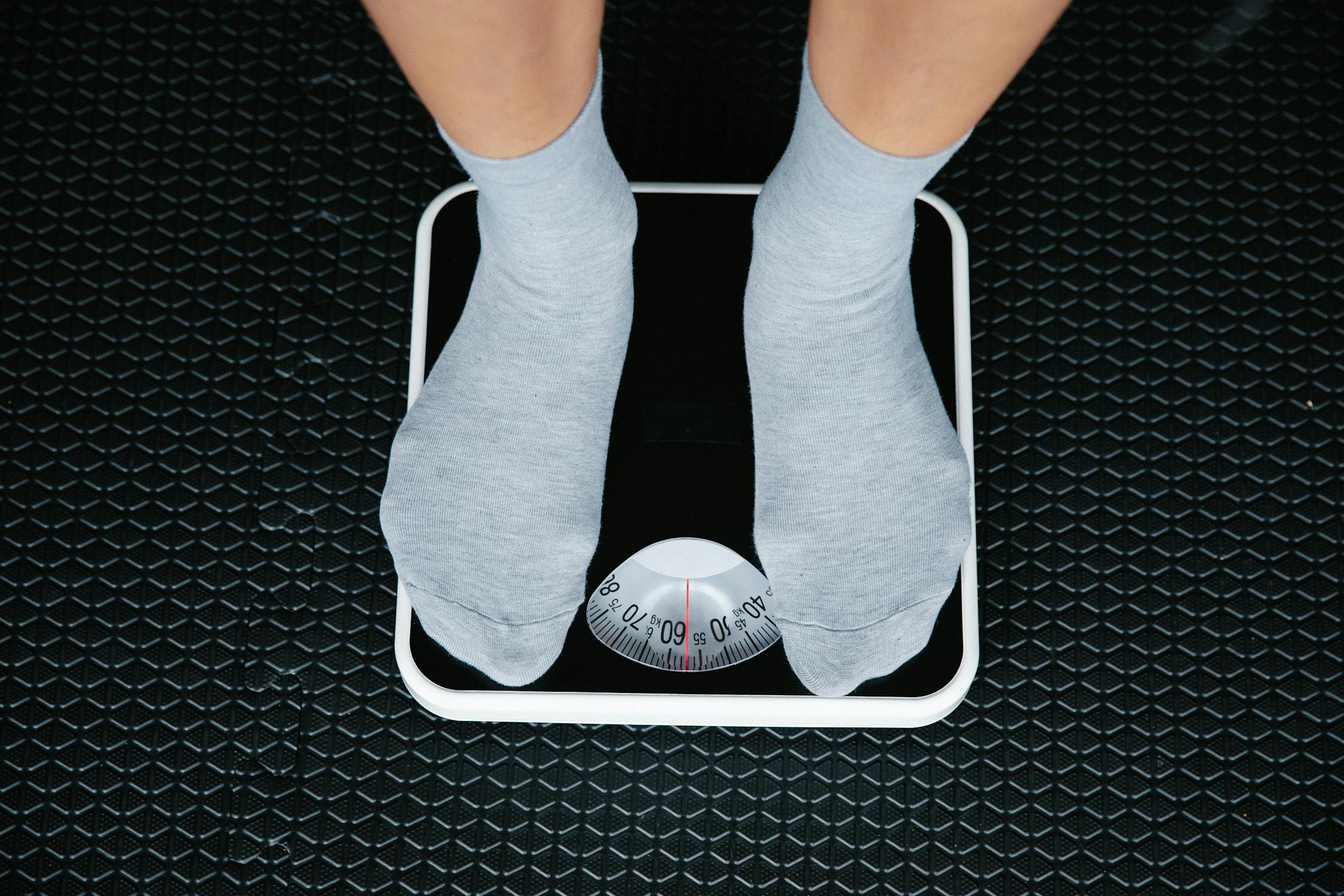Tracking your fitness progress is essential — it helps you stay motivated, see improvements, and adjust your workouts. But for beginners, it’s easy to take it too far and become obsessed with numbers, photos, or the scale. The key is to track smartly, so you can celebrate progress without adding stress. Here’s how to do it.
1. Focus on Multiple Measures of Progress
Weight alone doesn’t tell the full story. Consider:
- Strength improvements: Can you lift heavier or do more reps than last week?
- Endurance: Are you running farther, faster, or longer?
- Flexibility: Can you reach further or hold stretches longer?
- Energy levels: Do you feel more awake or less tired during the day?
- Mood and confidence: Are workouts making you feel happier or more confident?
By tracking multiple indicators, you get a balanced view of progress rather than obsessing over a single number.
2. Use a Simple Tracking System
Choose a method that works for you without becoming overwhelming:
- Journal or notebook: Write down workouts, reps, sets, or minutes exercised.
- Fitness apps: Many apps track workouts, steps, and calories automatically.
- Photos or measurements: Take progress photos or measure your waist, hips, or arms monthly instead of daily.
Keep it simple and consistent — tracking should motivate you, not stress you out.
3. Set Realistic Checkpoints
Instead of checking progress every day, set weekly or monthly milestones. This allows enough time to see real changes while avoiding unnecessary anxiety over minor fluctuations.
4. Celebrate Non-Scale Victories
Not all progress is visible on the scale. Celebrate wins like:
- Completing a tough workout
- Lifting heavier weights
- Running or cycling longer distances
- Feeling more energetic or confident
Recognizing these achievements keeps motivation high without fixating on numbers.
5. Avoid Comparison
Everyone’s fitness journey is different. Avoid comparing your progress to friends, social media influencers, or others at the gym. Focus on your personal growth — small, consistent improvements are what matter most.
6. Be Flexible
Some weeks will be better than others, and that’s normal. Don’t let missed workouts or slow progress discourage you. Adjust your routine as needed and keep tracking in a healthy, positive way.
Final Thoughts
Tracking your progress is a powerful tool — but only when it motivates and informs you, not stresses you out. Use multiple measures, set realistic checkpoints, and celebrate small victories. With this approach, you’ll see meaningful progress and enjoy your fitness journey without obsession.

